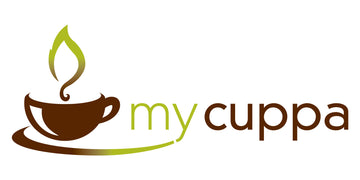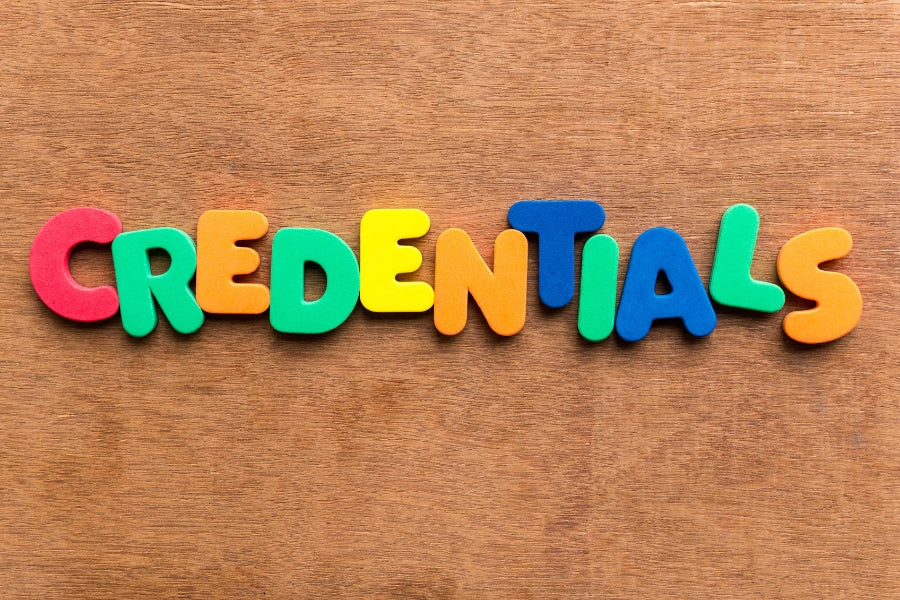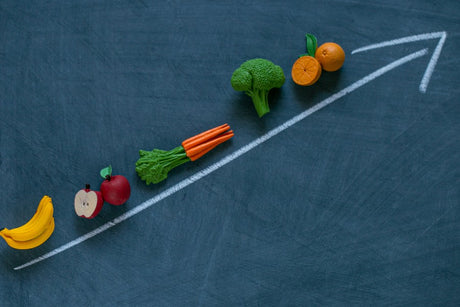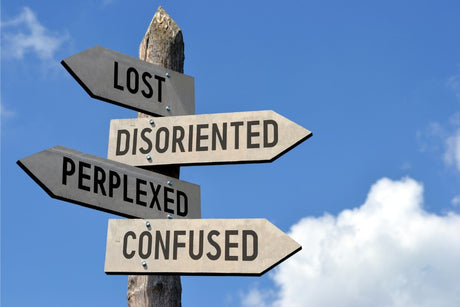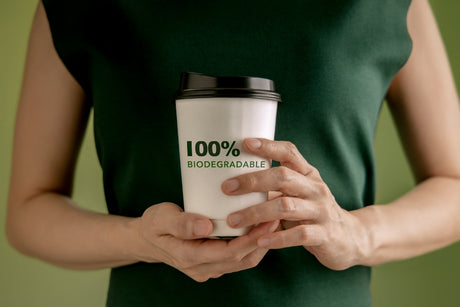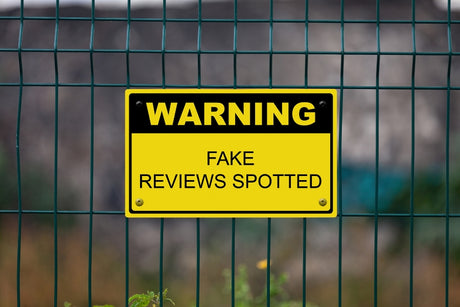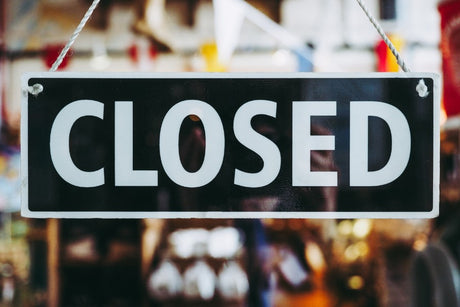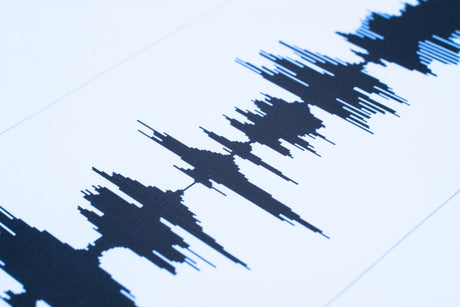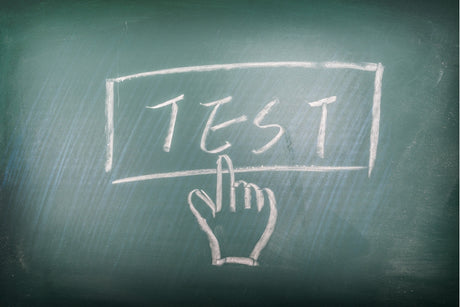I've been silently annoyed for a long time at how some (not all) coffee industry programs are treating elements of the supply chain and, more importantly, the end consumer as complete fools.
Today, we have various competing regimes for FAIRTRADE, Organic and the recently merged and utterly toothless tiger known as UTZ/Rainforest Alliance.
In addition to formal certification programs, coffee companies often make marketing claims about their Direct Trade relationships.
In truth, these are simply empty, hollow claims under the excuse for an all-expenses-paid junket to foreign soils, so these ardent warriors of coffee salvation can also top up their collection of carefully staged coffee farming selfies for social media improvement.
Certification programs are open to broad-scale abuse or misrepresentation - after all, we are living in a populist, post-truth era thanks to former US President Donald Trump.
Our first look is the well-known coffee program known as the FAIRTRADE system.
It is the most honest and tightly controlled of all coffee certification programs dealing with raw ingredients.
However, most of the global coffee industry has largely rejected and ignored FAIRTRADE.
Even the US-registered entity of the international FAIRTRADE program broke away and won't play ball with the other country FAIRTRADE programs, choosing instead to do their own thing.
The commercial benefits from multiple levies and premiums paid by participants in the supply chain, including the end-consumer, are not financially beneficial for the payers.
FAIRTRADE is a global not-for-profit organization.
Their mission is noble, and for more than 11 years, we have fully supported the concept of social values for coffee farmers and their communities being paid a fair price (declared as a minimum) for their crops.
However, on 1 January 2023, we terminated our involvement with FAIRTRADE due to several concerning and glaring contradictions in their execution during 2022 - namely, the partnering with 7-Eleven corporations.
A persistent declining trend around a distinct lack of support across the sourcing side of the supply chain also drove it. We always needed help finding decent quality FAIRTRADE lots despite paying huge premiums.
Choices were limited, and it was almost like a "protected" market.
Rarely did we see decent or reasonable value, nor were we happy with what was on offer.
Rainforest Alliance (following the green frog) and UTZ were similar until recently, with separate certification programs that decided to merge.
We could never see any benefit in the UTZ program as it seemed to us nothing but a sticker with a hollow promise that enabled organizations to hide behind this program.
However, we did go through the process of becoming Rainforest Alliance (RFA) certified in 2009.
At that time, Rainforest Alliance was shaping up as a potential strategic differentiator in the market, except everyone was also jumping on the same bandwagon.
In Australia, Rainforest Alliance (RFA) had zero operational presence, relying instead upon a US-based facility to process all administrative requirements.
With no physical auditing other than relying upon supply chains to submit documentation, it was and still is wide open for abuse.
Plenty of large coffee brands are "on board" with the Rainforest Alliance/UTZ program, but critical consumer advocacy is missing from this program.
Consumers did not understand the meaning or significance of following the green frog and were not "shopping" with strong convictions about the benefits of the RFA cause.
In 13 years, I am trying to remember a customer contacting us to request a Rainforest Alliance-certified coffee; we also didn't make a big deal about our accreditation.
Rainforest Alliance is open to the potential for abuse and cheating.
There are relatively few control points (no offices or resources in Australia), and companies could use the RFA branding with scant regard or respect to compliance.
Some brands placed the logo on packaging, and consumers did not realize the "certified" product only needed to contain a minimum of 30% RFA-certified coffees; the remaining 70% could be rubbish—a heavily diluted promise.
Rainforest Alliance and UTZ certifications became popular with the large companies seeking an easy way to obtain " easy, cheap and useful credentials", e.g. McDonalds' and supermarket private label offerings.
These big companies loved promoting UTZ or Rainforest Alliance participation as a badge of honour.
It enabled those brands to "tick a box", obtaining ethical and responsible sourcing with UTZ or RFA logos.
With RFA/UTZ-certified products being so easily cheated (of course, there is a registration process, but it's nowhere near as rigorous as FAIRTRADE), anyone could display the green frog so long as they sourced some RFA product.
Or they could get away with using none at all, as there has been limited auditing or flow of goods reporting.
The purpose of certifications is to ensure traceability.
However, there have been instances where this is inadequate.
When large providers of roasted coffee like McDonalds, Coles, Aldi and Woolworths private labels proudly espouse their support of sustainable programs like UTZ and RFA, it's costing them nothing.
The benefit of certification programs is the allowance of a "get out of jail" card when challenged over irresponsible sourcing.
From an observer's perspective, the UTZ/RFA accreditation appears perfectly suited for the lazy Corporate ethos - minimal effort for maximum gain.
It also contradicts the real sourcing initiatives of those large retailers - behemoth bullies going out into the market with serious intent to secure the absolute lowest possible supply cost (and, by inference, quality).
It's important to understand that seeking out the cheapest possible prices for goods can contribute to a system that relies on extremely low wages and poor working conditions.
A similar situation happened in Australia when large retailers demanded milk prices significantly lower than the market average, leading to difficulties for dairy farmers. This can also occur in the coffee industry, where retailers may push for prices 70% cheaper than average.
Is it ethical sourcing or a hollow certification acting as a blanket insurance policy for dirty deeds done cheaply?
Despite all the marketing promising real change and benefit to coffee farmers or the environment, these programs need to reform and positively transform the most critical element in the supply chain - the economic survival and prosperity of coffee farming communities.
